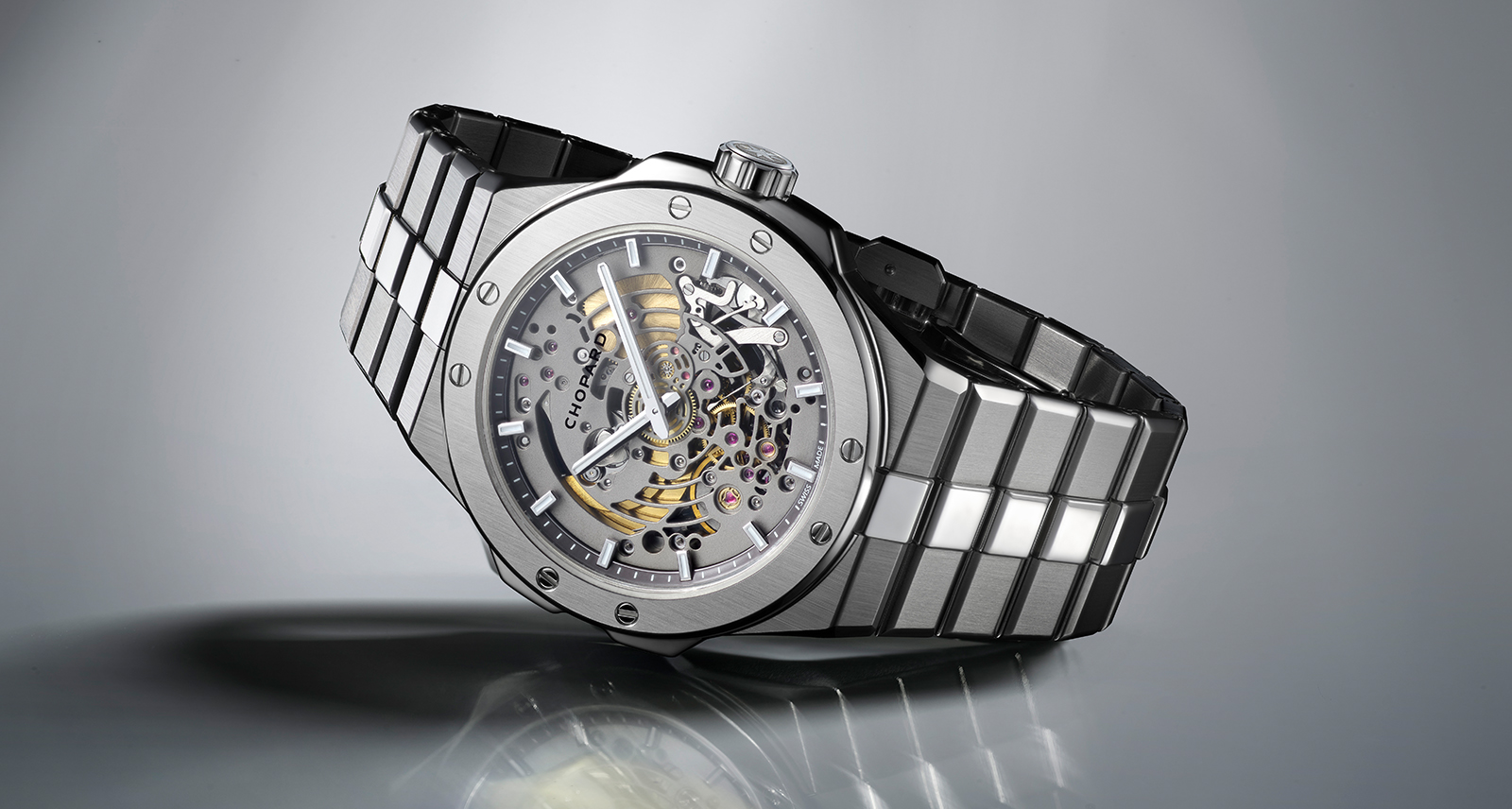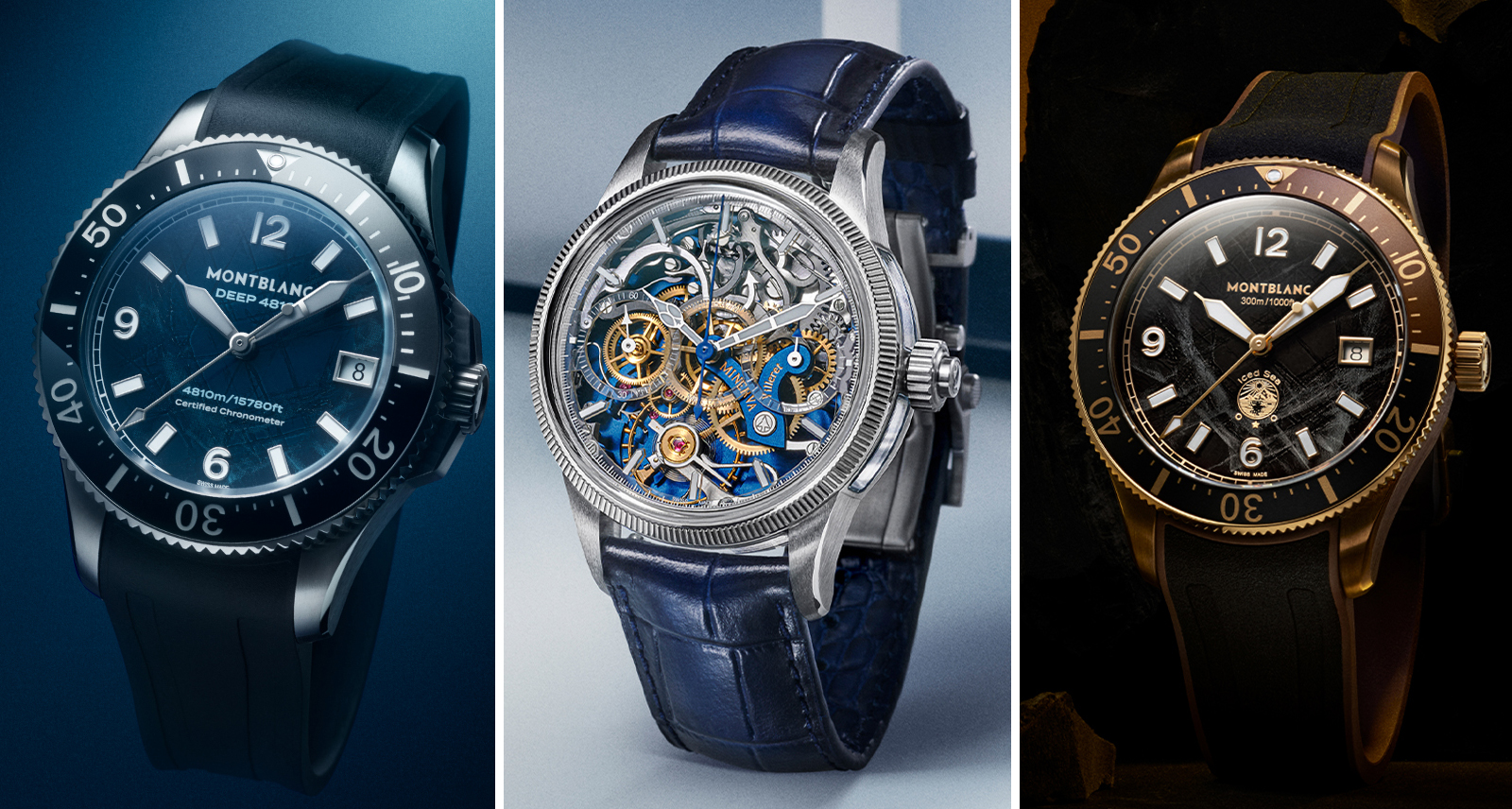We Asked The Shins What ‘Indie Music’ Even Means in 2017
You can pinpoint the precise moment indie pop got gentrified: Natalie Portman hands Zach Braff her headphones in 2004’s Garden State, promising him the jangly sway of The Shins’ “New Slang” will “change your life.” Soon after, the genre would go from word-of-mouth phenomenon to Billboard-topping, Apple-commercial-backing omnipresence, and The Shins would leap from twee obscurity to Grammy-nominated favourite band of mopey dudes and their wannabe Manic Pixie Dream Girls everywhere.
“This German journalist recently told me that in her college days, they had a word for a certain type of girl: Shins-y,” says lead singer/songwriter James Mercer. “She’s not totally square, but not totally hip either. She’s into music, but not so into music. Because of Garden State, there were people who knew about The Shins who weren’t exactly hardcore music fans. And some fans will abandon you at that point.”
So what does that band do in 2017, when indie pop is basically just pop (see: The 1975, Haim, The xx) and Lady Gaga is headlining Coachella? Apparently, just carry on like it’s the early aughts.
Heartworms, The Shins’ latest, is a self-described “return to the handmade,” full of the strummy sing-alongs, diamond-perfect melodies, and lit-mag lyrics their devotees initially fell for. It’s the first Shins album self-produced by Mercer since their 2001 debut Oh, Inverted World — a not-so-subtle olive branch to fans who took issue with their last record’s polished sheen. “I guess some sounds on Port of Morrow sounded like proper modern production,” he admits. “So my feeling, my gut, was there was a desire out there for The Shins to maybe not jump the shark.”
Of course, staying relevant is hard. The traits defining “indie” 20 years ago (weird, experimental, potentially disconcerting) are worlds apart from the ones defining it today (slickly produced, infectious, immediately palatable). Ironically, that trend — choosing melody over dissonance — is one Mercer helped popularize within the genre. He’s not overly proud of his musical heirs: “[It’s indie these days] if the frontman’s a really handsome guy, he can sing like a motherfucker, and you’ve got a kickin’ beat behind there. It’s like traditional modern pop music, and most of it isn’t my cup of tea.”
Maybe that sounds especially curmudgeonly coming from a guy who’s never hidden his pop sensibilities (and is one-half of Broken Bells, a side project with plenty a kickin’ beat.) Still, at least Mercer’s got the chops to warrant the fist shaking: Heartworms is a work of canorous mastery. It recaptures the wistful, folksy airs of The Shins’ earlier work (“Mildenhall”), but updates it with off-kilter rhythms (“Painting a Hole”) and odd electronic flourishes (“Cherry Hearts”). This is indie pop done Mercer’s way; proof that he’s still among the genre’s strongest songwriters, and more than capable of changing your life.
Not that he’d ever admit it. “Portman’s supposed to be kinda nuts in the movie, you know?”










